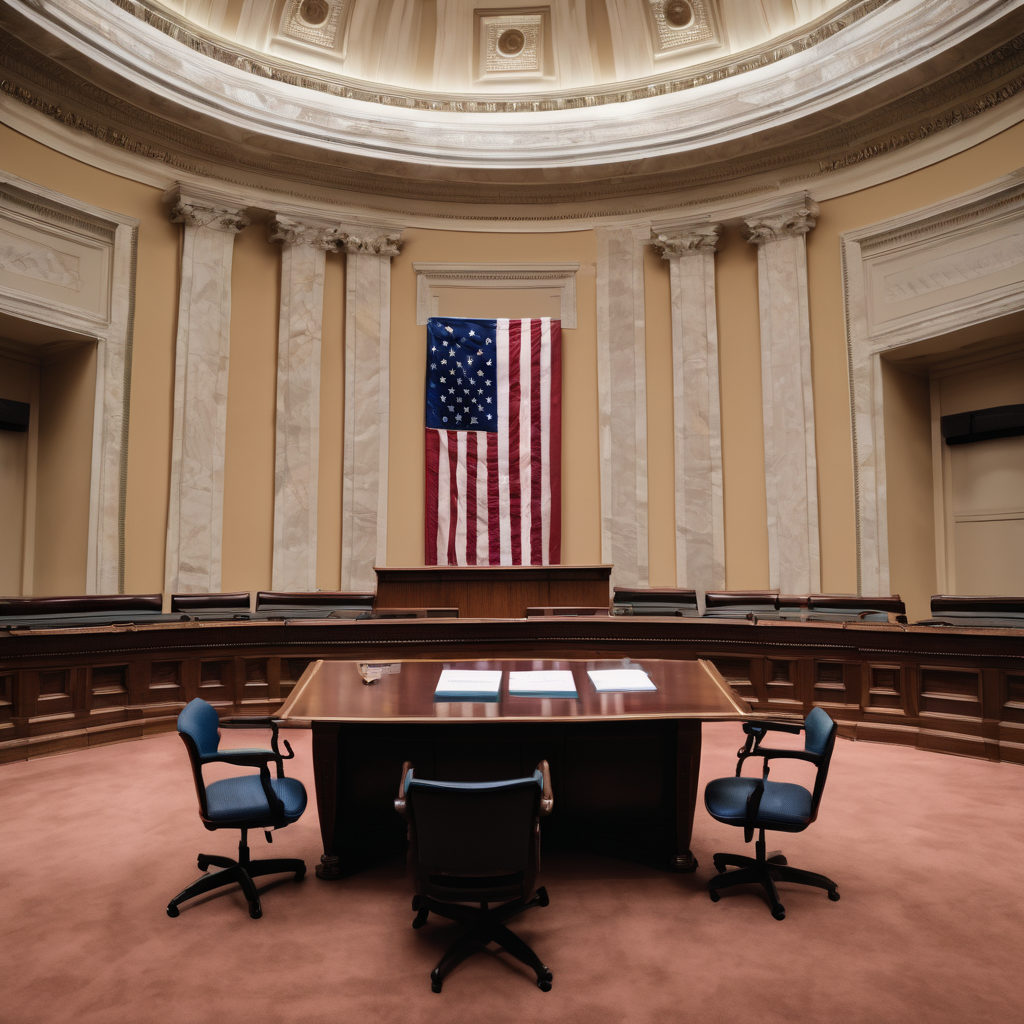A Republican initiative aimed at ending the ongoing government shutdown was defeated for the tenth consecutive time in the Senate, as federal funding issues enter their third week. The resolution fell short in a tally of 51-45, largely aligned with party lines, with the necessity for sixty votes to pass any interim funding bill. The Republicans, maintaining a slim 53-seat majority, face significant challenges in garnering the bipartisan support required for a resolution.
Earlier that day, Democratic Senator Mark Kelly urged President Donald Trump to actively participate in the negotiations between Republican and Democratic lawmakers to help resolve the deadlock. “I think we need the president to make that happen, that he needs to engage with Mike Johnson and John Thune,” Kelly stated, emphasizing the influence the president could have over key Republican leaders.
The primary contention in reaching an agreement revolves around the Democrats’ demand for an extension of enhanced Affordable Care Act (ACA) subsidies, which are set to expire at the end of 2025. A separate Democratic proposal to maintain these subsidies—benefiting approximately 22 million Americans—would carry an estimated cost of nearly $1.5 trillion over ten years. Kelly articulated that the president’s commitment to resolving this issue aligns with the Democratic Party’s goals, insisting that there is clarity on what is needed to reopen the government.
Republican leaders including Thune, however, have expressed willingness to discuss potential extensions of the ACA tax credits, but insist that such discussions should occur following an agreement on short-term funding. Thune remarked in an MSNBC interview that the ACA tax credits need to be addressed “in a separate context,” away from the immediate urgency of government operations.
Johnson contended that the focal point of the current standoff is not about healthcare, but purely about funding. He criticized the framing of the ACA subsidies issue as part of the shutdown negotiations, arguing that talks regarding those subsidies were planned for later in the year, well before their expiration.
Despite the partisan divide, there are indications of a possible bipartisan movement. According to Punchbowl News, a coalition of senators is exploring various alternatives to break the impasse involving the enhanced Obamacare subsidies. This group, led by Senator Jeanne Shaheen, is considering a strategy that includes two simultaneous votes: one to reopen the government and another for a one-year extension of the enhanced ACA subsidies, with an expectation of a more durable solution to be codified by a specified date.
As the deadline approaches, the urgency for a resolution grows, underscoring the complexities involved in reconciling the differing priorities of both parties while also attending to the broader implications for millions of Americans reliant on healthcare subsidies. The dialogue, while fraught with disagreement, shows a glimmer of collaboration and the hope that a workable solution can be reached in the near future.
